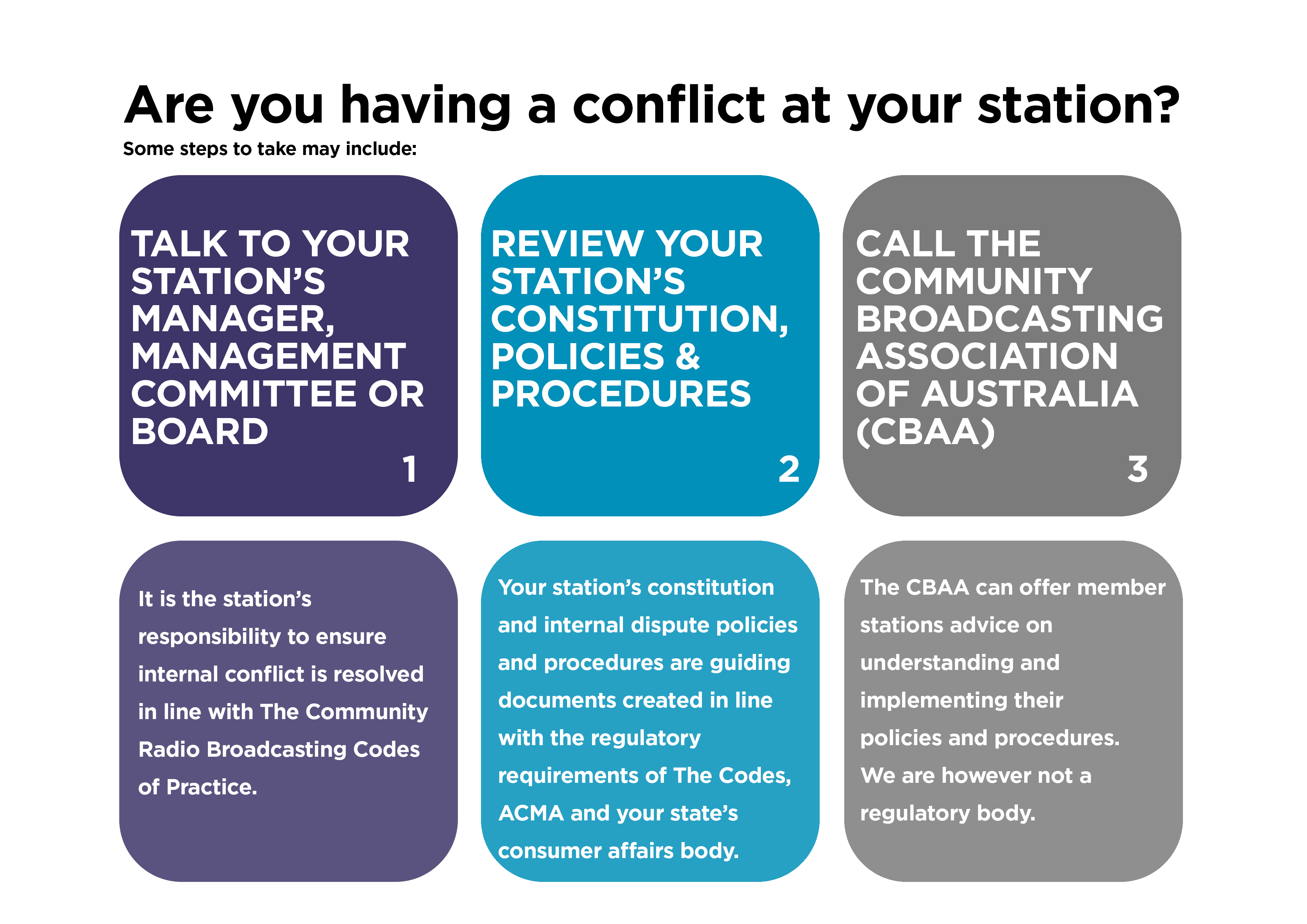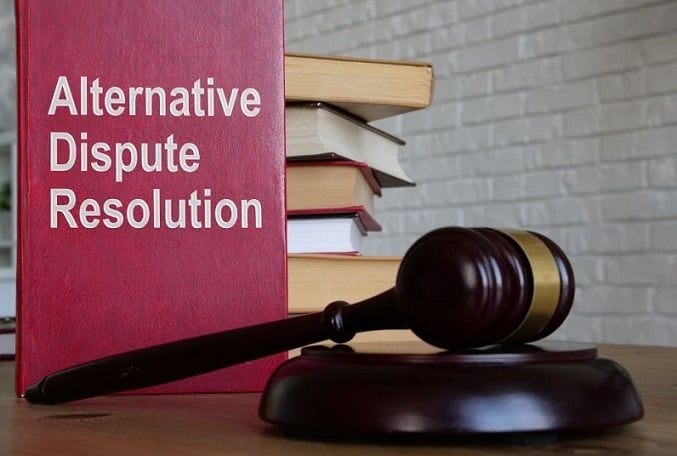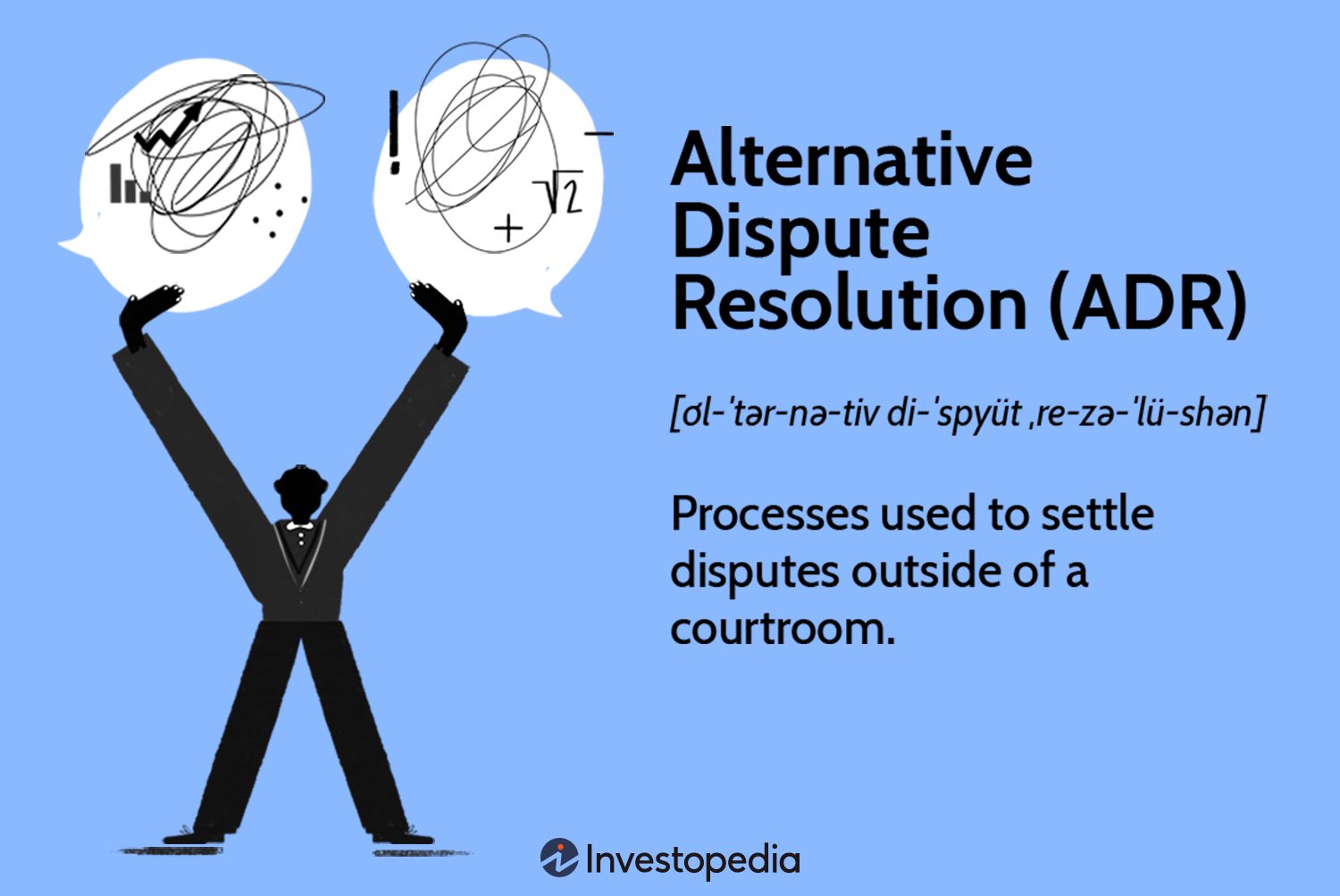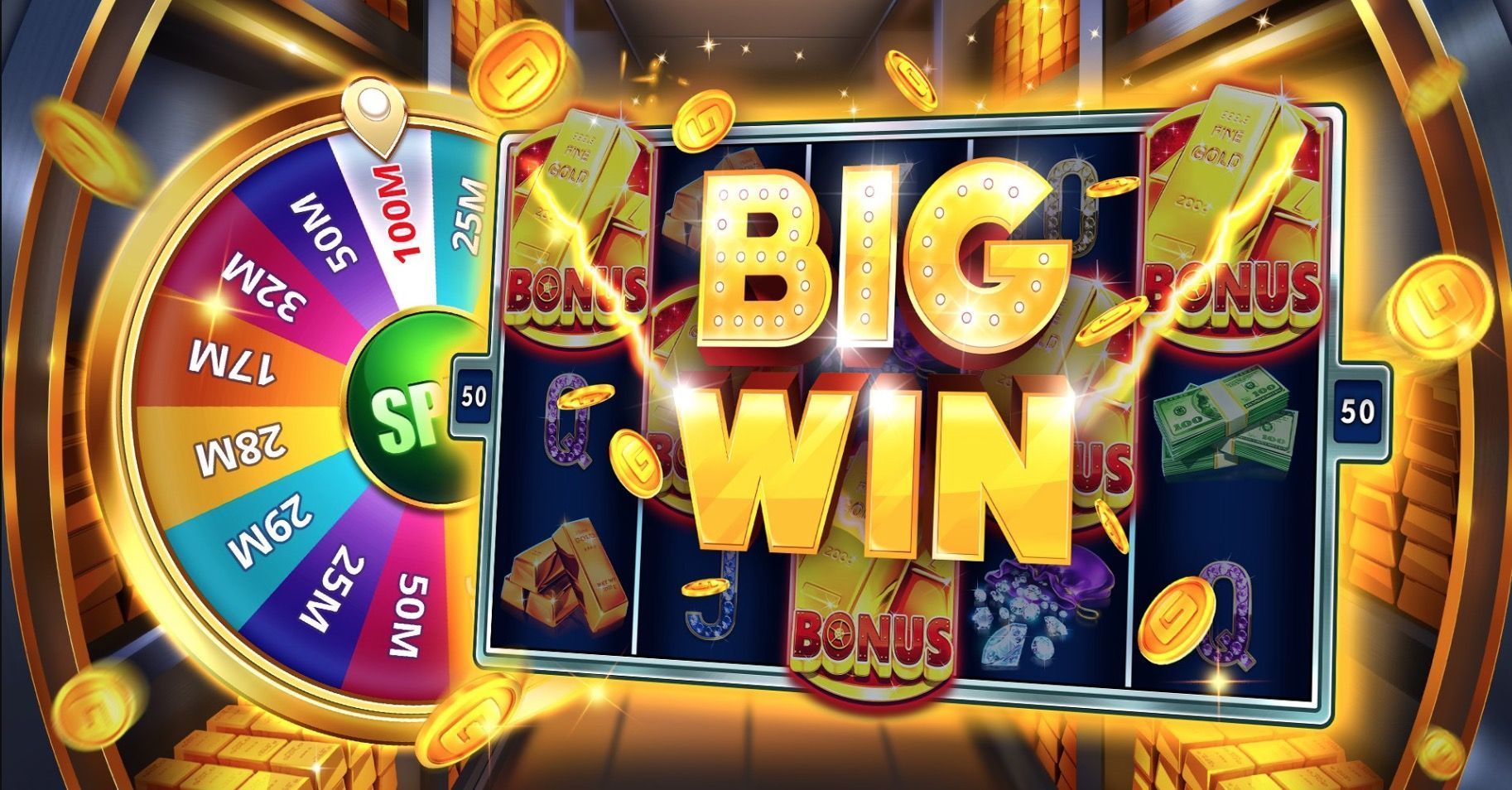Dispute Resolution in gambling

Dispute resolution in gambling encompasses the mechanisms and processes employed to resolve conflicts and disputes that arise during or after gambling activities. It is essential to maintain fairness, protect players' interests, and ensure the integrity of the gambling industry.

Methods of Dispute Resolution:

1. Internal Dispute Resolution:
- This involves resolving disputes within the gambling operator's own internal system.
- Players can typically contact customer support, file a complaint through an online portal, or request a call-back from a manager.
- The operator investigates the dispute and issues a decision.
2. Independent Dispute Resolution Services (IDRS):
- IDRS are independent organizations that provide dispute resolution services to gambling operators.
- Players can file complaints with the IDRS, which will conduct an impartial investigation and render a decision.
- IDRS decisions are typically binding on both the player and the operator.
3. Regulatory Bodies:
- In many jurisdictions, gambling is regulated by government agencies.
- Players can contact these bodies to file complaints against licensed operators.
- Regulatory bodies have the authority to investigate disputes, impose fines, and even revoke licenses.
4. Court Proceedings:
- As a last resort, players may consider pursuing legal action to resolve a dispute.
- This option is expensive, time-consuming, and may not always be successful.
Dispute Resolution Process:
The dispute resolution process typically involves the following steps:
- Complaint Submission: The player lodges a formal complaint with the appropriate entity (internal support, IDRS, or regulatory body).
- Investigation: The complaint is investigated by the relevant authority.
- Decision Making: A decision is rendered based on the evidence presented.
- Implementation: The decision is implemented, which may involve issuing refunds, compensating the player, or imposing sanctions on the operator.
Importance of Dispute Resolution:
Effective dispute resolution is crucial for several reasons:
- Protects Player Interests: It safeguards players from unfair practices, payment disputes, and other grievances.
- Ensures Fairness: It ensures that all parties involved are treated equitably and that disputes are resolved objectively.
- Maintains Industry Integrity: It builds trust in the gambling industry by preventing unethical behavior and promoting responsible gaming.
- Reduces Litigation: By providing accessible and efficient dispute resolution mechanisms, it reduces the need for costly legal proceedings.Dispute Resolution In Gambling
Executive Summary
Disputes in the gambling industry are inevitable, but having a robust dispute resolution process is crucial for maintaining fairness and trust among players. This article explores the key elements of dispute resolution in gambling, discussing different approaches, best practices, and the importance of transparency and impartiality.
Introduction
As the gambling industry continues to expand and evolve, so does the need for effective dispute resolution mechanisms. From issues related to winnings and payouts to concerns about fairness and responsible gaming, players need a clear and efficient way to resolve any disputes that may arise. This article aims to provide a comprehensive overview of the dispute resolution process in gambling, outlining the key elements and best practices for both operators and players.
Subtopics
Mediation
Mediation is a form of alternative dispute resolution that involves a neutral third party facilitating a discussion between the disputing parties. The mediator aims to help the parties reach a mutually acceptable solution without the need for formal legal proceedings.
- Impartial and experienced mediator
- Confidential and non-binding process
- Focus on finding common ground and compromise
Arbitration
Arbitration is a more formal dispute resolution process than mediation, involving a neutral third party (arbitrator) who hears evidence and makes a binding decision. Arbitration is typically faster and less expensive than litigation.
- Binding decision that is enforceable by law
- Independent and impartial arbitrator
- Limited rights to appeal
Gaming Commissions and Regulators
Gaming commissions and regulators play a crucial role in dispute resolution by licensing and overseeing gambling operators. They provide a platform for players to file complaints and investigate any alleged violations of industry regulations.
- Independent and impartial body
- Ability to impose sanctions and penalties
- Protects player interests and ensures fairness
Responsible Gaming Practices
Dispute resolution in gambling also involves addressing responsible gaming practices. Gambling operators have a responsibility to provide players with clear and accurate information, promote responsible gaming, and protect players from potential harm.
- Clear guidelines for game rules and payouts
- Promotion of responsible gaming resources
- Measures to prevent underage gambling
Best Practices
Effective dispute resolution processes in gambling should adhere to certain best practices:
- Transparency: Clear and open communication throughout the process
- Impartiality: Neutral and unbiased third parties
- Timeliness: Prompt and efficient resolution
- Confidentiality: Protection of player privacy
- Accessibility: Easy-to-use and accessible channels for filing disputes
Conclusion
Dispute resolution in gambling is essential for maintaining fairness, trust, and player satisfaction. By embracing best practices and establishing robust mechanisms, gambling operators can ensure that disputes are resolved effectively and in a manner that protects the interests of all parties involved. Effective dispute resolution fosters trust, enhances player confidence, and ultimately contributes to the growth and sustainability of the gambling industry.
Keyword Phrase Tags:
- Dispute Resolution in Gambling
- Gambling Dispute Resolution
- Mediation in Gambling
- Arbitration in Gambling
- Gaming Commission and Regulators































































































































